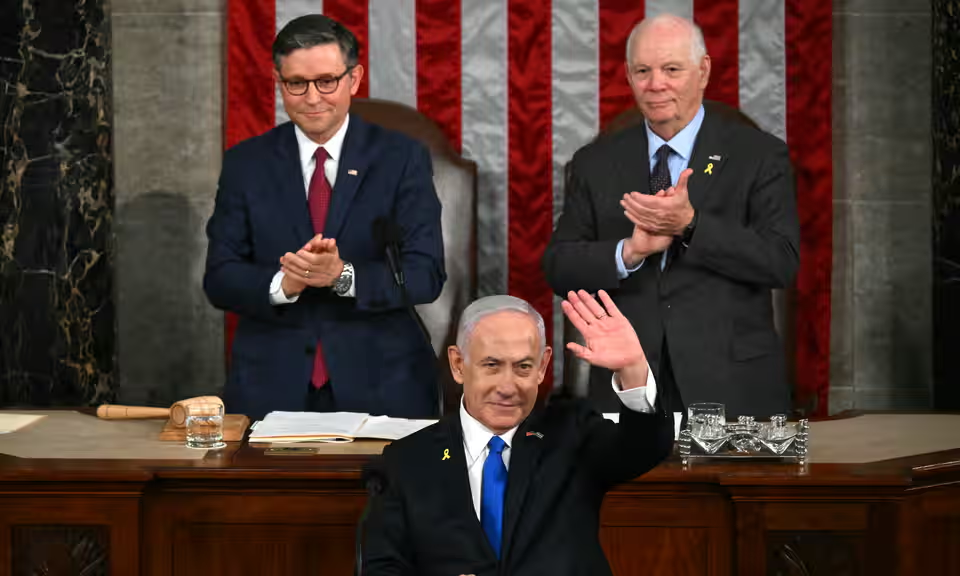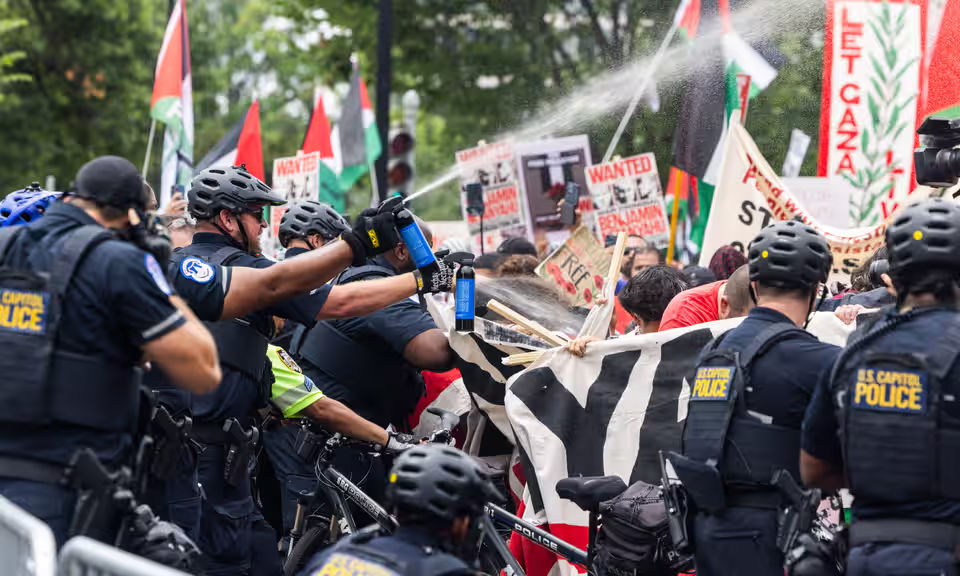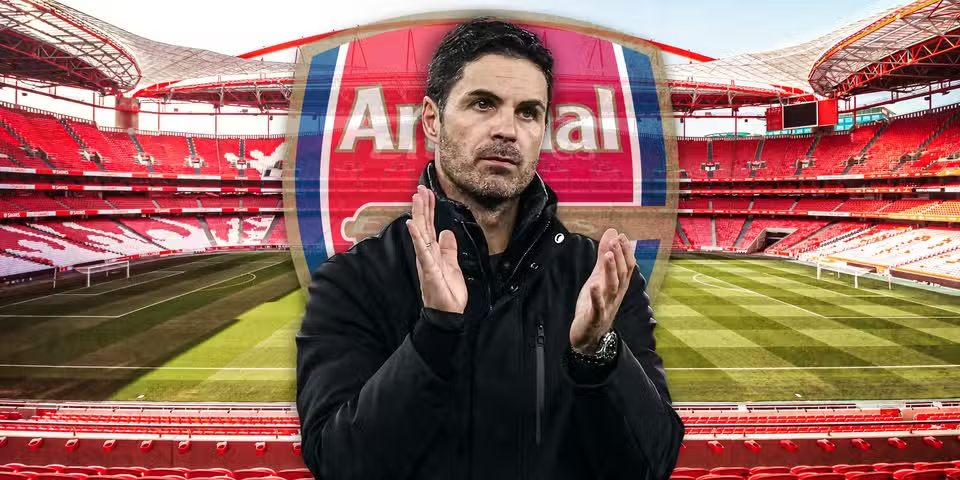
The geopolitical landscape is once again dominated by the Israeli-Palestinian conflict, as Israeli Prime Minister Benjamin Netanyahu made a significant declaration. Netanyahu announced that Israel is aiming for “total victory” in Gaza, a statement that has reverberated across the globe and intensified the already volatile situation in the region.
This announcement comes at a time of heightened tensions and escalating violence between Israeli forces and Palestinian militants in Gaza. The term “total victory” suggests a resolute stance from Israel, indicating a commitment to achieving definitive military success and addressing the longstanding conflict. Netanyahu’s statement underscores the gravity of the current situation and the lengths to which Israel is willing to go to secure its objectives.

While Netanyahu’s declaration echoes across international borders, the impact of the conflict is also being felt domestically within the United States. A significant number of protesters have been arrested in Congress, reflecting the deep divisions and passionate responses that the conflict elicits globally. These protests are a testament to the widespread concern and activism surrounding the Israeli-Palestinian conflict.
The arrests in Congress highlight the extent to which the issue has permeated American political and social discourse. Protesters, advocating for various sides of the conflict, have taken to the halls of power to voice their opinions, demanding action and resolution. This wave of protests signifies the global resonance of the conflict and the urgent call for international intervention and diplomacy.
Netanyahu’s push for “total victory” raises critical questions about the future of the Israeli-Palestinian conflict. What does “total victory” entail for the people of Gaza? How will this stance impact the already dire humanitarian situation in the region? These questions are crucial as the international community watches closely, concerned about potential escalations and the prospect of peace.
The protests in Congress also reflect a growing impatience with the status quo and a desire for meaningful change. They underscore the importance of global voices in shaping the discourse and influencing policy decisions. The convergence of international declarations and domestic activism highlights the interconnected nature of the conflict and the multifaceted approach needed to address it
As the situation develops, it is essential for global leaders, diplomats, and citizens to engage in informed and compassionate dialogue. The path to peace requires understanding, empathy, and a commitment to justice for all parties involved. Netanyahu’s declaration of “total victory” sets a tone for the immediate future, but the long-term resolution of the conflict will depend on the willingness of all stakeholders to seek common ground and foster sustainable peace.
The world watches with bated breath as these events unfold, hoping for a resolution that brings lasting peace and security to the region. The voices of protesters in Congress remind us that global solidarity and activism play a crucial role in shaping the future, urging us all to strive for a more just and peaceful world.



